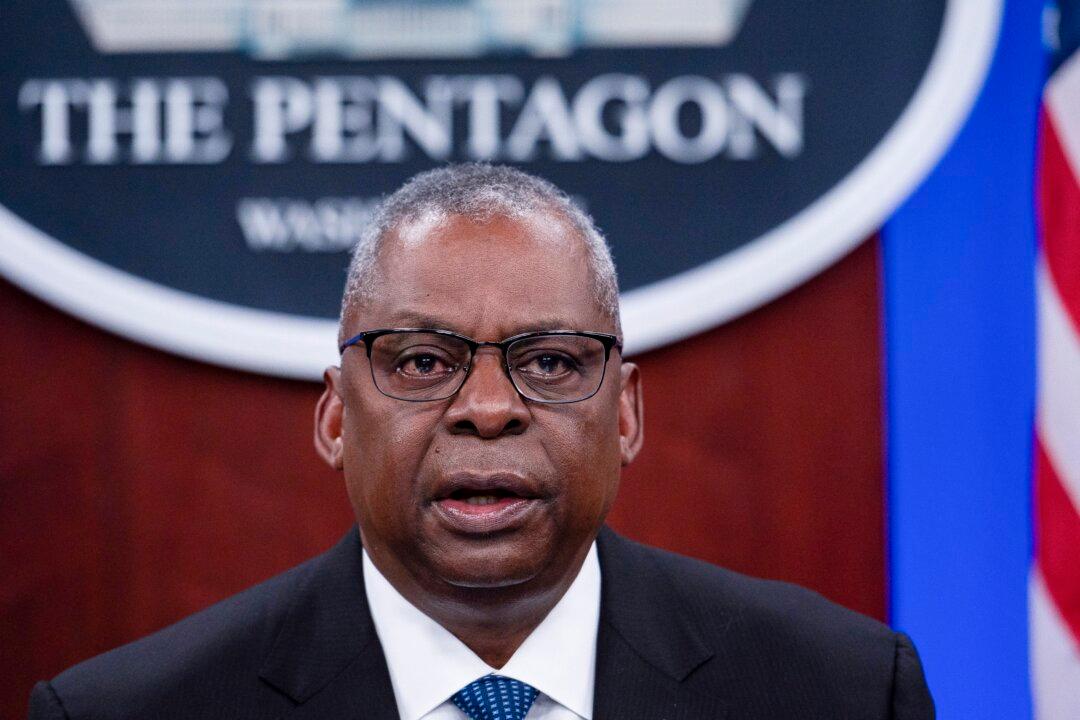Defense Secretary Lloyd Austin has been hospitalized since the beginning of the year due to surgical complications, the Pentagon revealed on Jan. 5—four days after the Pentagon chief was first admitted to the hospital.
Maj. Gen. Pat Ryder, the Pentagon press secretary, said that Mr. Austin was admitted to Walter Reed National Military Medical Center on Jan. 1 “for complications following a recent elective medical procedure.”





